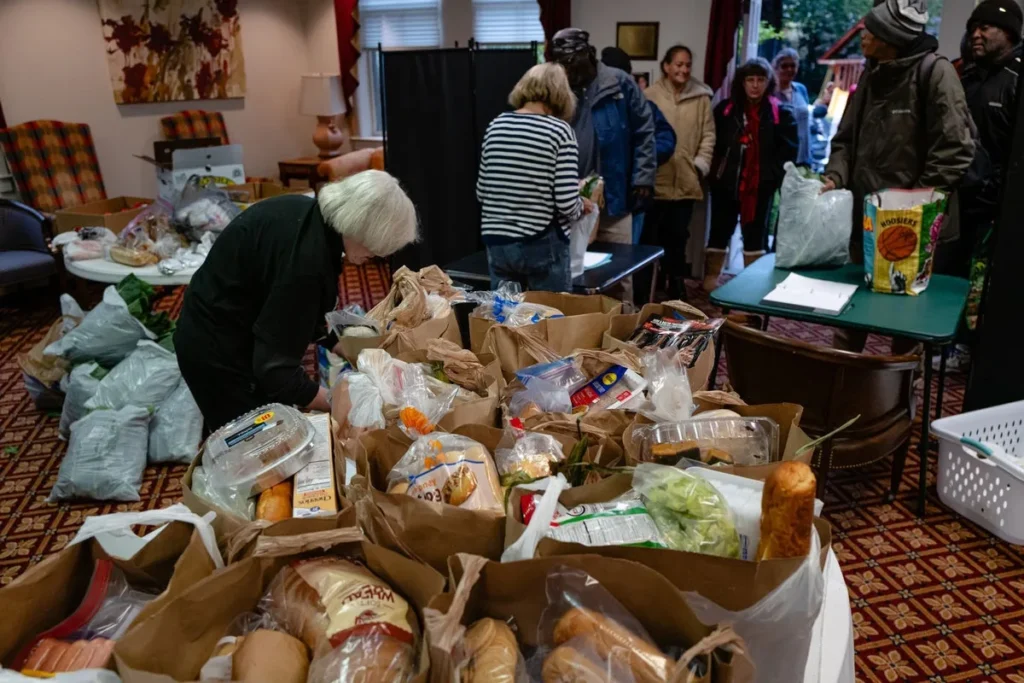California state leaders have taken swift action to address federal delays in SNAP benefits, mobilizing the National Guard and volunteer networks to assist residents. The move highlights the state’s proactive approach in responding to citizens’ needs.
The federal delays affected thousands of Californians who rely on SNAP, the Supplemental Nutrition Assistance Program, for essential food support. State officials acted quickly to ensure residents would continue receiving assistance without significant disruption.
Governor and state agencies coordinated with local organizations to provide direct support, including distributing food packages and offering guidance on benefit access. Volunteers from community groups joined the effort, amplifying the reach of emergency services.
The National Guard’s deployment played a critical role in logistics, helping transport supplies to areas most affected by delays. Officials emphasized that the collaboration between military personnel, volunteers, and local agencies was key to a rapid response.
State leaders praised the joint effort as a demonstration of California’s commitment to serving its residents. By acting decisively, the government ensured that families facing food insecurity could access resources in a timely manner.
Political analysts note that this response reflects broader trends of states taking proactive measures when federal systems face challenges. California’s approach may serve as a model for other states experiencing similar delays in public assistance programs.
Community organizations reported increased demand during the period of federal delays. The state’s mobilization helped prevent gaps in assistance, reducing stress for vulnerable populations and maintaining public confidence in social support systems.
Officials also emphasized transparency and communication. Residents were provided with clear instructions on how to access benefits and support services, helping reduce confusion during the federal delay.
Experts highlight that such proactive measures strengthen trust between citizens and government. By addressing urgent needs efficiently, states can demonstrate accountability and responsiveness in times of federal uncertainty.
The initiative also underscores the importance of collaboration across agencies and sectors. California’s coordination of volunteers, state workers, and the National Guard ensured that resources were distributed effectively and equitably.
Residents have welcomed the swift action, noting that timely support is crucial for families relying on food assistance. Many praised the state’s ability to step in and maintain continuity of essential services despite federal delays.
This action is seen as part of a larger effort by California to safeguard public welfare and address gaps in federal service delivery. State officials have reiterated their commitment to ensuring that residents receive timely support, regardless of federal challenges.
Political observers suggest that California’s response may influence other states to adopt similar proactive strategies in social service management. The effort demonstrates how state leadership can mitigate the impact of federal delays on citizens’ daily lives.
Overall, California’s response to the SNAP benefit delays highlights the importance of agile governance and citizen-focused policies. The mobilization of the Guard, volunteers, and state resources ensured that residents’ immediate needs were met efficiently.
The state’s approach shows that strong local leadership can maintain public trust and provide solutions when federal systems face disruptions, setting a standard for responsive governance.


